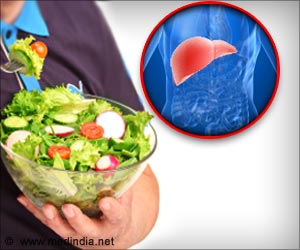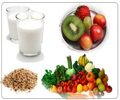The diet switch to a low-fat alternative triggers a physiological stress response that suppresses brain dopamine, which in turn promotes binge-eating.

‘Stress caused by food restriction, commonly observed with crash dieting, can prime the dopamine system in a way that promotes over-indulgence of comfort foods.’





A study conducted by Dr. Steve Fordahl, currently at the University of North Carolina at Greensboro, and Dr. Sara Jones at Wake Forest School of Medicine, identified brain changes in the dopamine neurotransmitter system caused by stress when the palatable diet was removed. The diet switch triggered a physiological stress response that suppressed brain dopamine, which in turn promoted binge-eating when the palatable diet was re-introduced days later.
A stark dietary shift from comfort foods, often high in saturated fat, for less desirable healthy options can be challenging. This new research identifies how an individual's physiological stress response to new eating patterns causes quick relapse into old habits, despite their best intentions.
The study by Dr. Fordahl and Dr. Jones shows that, in mice, dietary relapse is enhanced by stress-related molecules that change dopamine levels in brain regions that process reward.
Dopamine helps attribute the perceived value, or rewarding characteristics of food, and changes in the dopamine system observed in the study were similar to what drug- and alcohol-dependent people experience when going through withdrawal.
Advertisement
They also identified a reduction in dopamine caused by enhanced sensitivity to activation of receptors for the stress signals, corticotrophin releasing factor (CRF) and the dynorphin/kappa opioid receptor (KOR) system, on dopamine neurons.
"Our findings suggest that stress caused by food restriction, commonly observed with crash dieting, can prime the dopamine system in a way that promotes over-indulgence of palatable or 'comfort' foods, when the opportunity arises," said Dr. Steve Fordahl.
The research team finds that dietary fat has a "particularly strong impact on how the dopamine system responds to rewards," and collaborative work between Dr. Jones and Dr. Fordahl to further characterize this relationship is underway.
Source-Eurekalert













